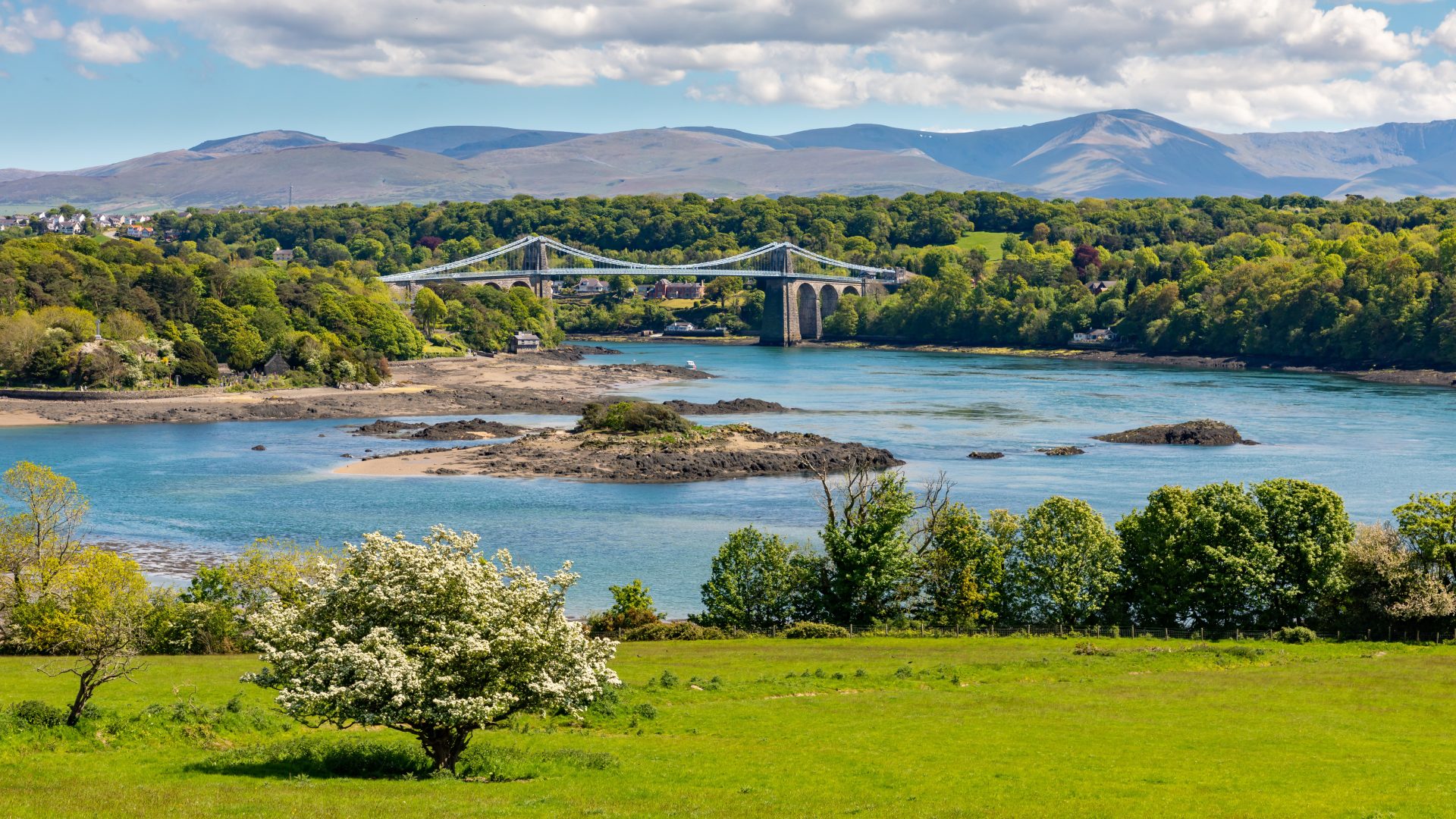Dŵr Cymru Welsh Water has submitted its proposed Business Plan (the ‘Plan’) for 2025-30 to Ofwat, the water industry regulator.
If approved, the Plan will result in the company’s biggest ever investment programme, worth £3.5 billion investment over the five years, which will be equivalent to a 68% increase on the investment between 2020 and 2025.
A key focus of the Plan is to adopt a collaborative approach to reducing its impact on the environment, in particular playing its part in helping improve river water quality. Welsh Water is committing to invest nearly £1.9 billion in the environment between 2025 and 2030 – 84% more than across 2020-25. This will include substantially reducing phosphorous discharges from wastewater treatment to rivers in Special Areas of Conservation and starting on a multi-AMP programme to stop its network of 2,300 storm overflows causing ecological harm to rivers in its operating area.
Based on current performance (2022/23), the company’s other key commitments by 2030 include:
- Improving drinking water compliance and reducing by 57% contacts from customers about tap water quality ;
- reducing leakage by a quarter in its network (against 2019-20 baseline) and helping customers address leaks in their homes and businesses;
- reducing the total number of pollution incidents by 24%;
- working towards a ‘lead free Wales’ by replacing 7,500 customers’ lead pipes;
- delivering £42 million of savings on operating costs through efficiencies and innovative ways of working
- contributing £13 million a year between 2025-30 to help maintain its social tariffs schemes and provide capacity to increase their coverage from 133,000 to 190,000 customers
By delivering this Plan, Welsh Water will contribute even more to the Welsh economy, building on the £1 billion it contributes now each year, and supporting more than 9,000 full time jobs. The Plan also reaffirms its intention to become a carbon neutral company by 2040, finding ways to deliver a major capital investment programme in low carbon and nature-friendly ways.
To support funding this ambitious and far-reaching investment programme, the average monthly bill will need to be £5 higher in 2025, and £10 by 2030. The company’s research has shown that 84% of customers find the plan acceptable. Recognising the ongoing cost-of-living challenges facing its customers, Welsh Water plans to increase the sector-leading support it provides to customers in vulnerable circumstances, deploying funding made possible by its not-for-profit status.
The development of this five year Plan has been shaped by household and business customers and by the strategic steers set by the PR24 Forum led by Welsh Government. It prioritises improving river water quality and addressing the challenge of storm overflows, enhancing key services, and strengthening resilience against the challenges facing the company, in particular climate change.
Welsh Water serves more than three million people across most of Wales, Herefordshire and parts of Deeside and Cheshire. Since 2001, it has been the only non-shareholder company in England and Wales – meaning that it returns the profit it makes to the benefit of customers. This has enabled the company to deploy over £570 million through accelerated investment to improve services and supporting social tariffs to help customers on the lowest incomes.
Welsh Water Chief Executive Peter Perry said:
“This is the most ambitious Business Plan we have ever developed, and as a not-for-profit shareholder company, our customers’ interests and priorities are the foundation of our plan and everything we do. Whilst it presents a significant challenge we are confident that it is both deliverable and financeable and will help to improve our performance significantly over the coming years.
“We have been able to keep bills flat or falling in real terms over the last 10 years, but we now need to make a material investment in our water and wastewater systems to meet the challenges of climate change, protect our rivers, and improve the resilience of our water supplies. Our research shows that the majority of our customers accept that this investment is necessary and should not be postponed. For our part we will continue to drive innovation and efficiency of our operations to reduce costs wherever we can.
“We are only too conscious of how difficult the last few years have been for our customers and this is why our Plan includes significant additional support for customers who are struggling to make ends meet.”
Alastair Lyons, Chairman of Glas Cymru, said:
“This Business Plan begins a multi-AMP strategy to tackle our impact on the environment, in particular the quality of water in our rivers. It also aims to strengthen the resilience of our operations in support of the programmes on which we are already embarked to improve our performance where we currently fall short. We already see how climate change is challenging us in both these areas.
“We believe that the Plan represents ambitious progress towards meeting the objectives of our long-term strategy Welsh Water 2050, while representing good value for customers in terms of what will be delivered. Our £3.5bn investment programme will also bring significant opportunities to increase our contribution to the Welsh economy, supporting thousands of jobs across Wales.”
Welsh Water’s Business Plan for 2025-2030 has also been scrutinised by the Independent Challenge Group (ICG) to ensure that it appropriately reflects the priorities of customers as well as those of regulators and other stakeholders.



